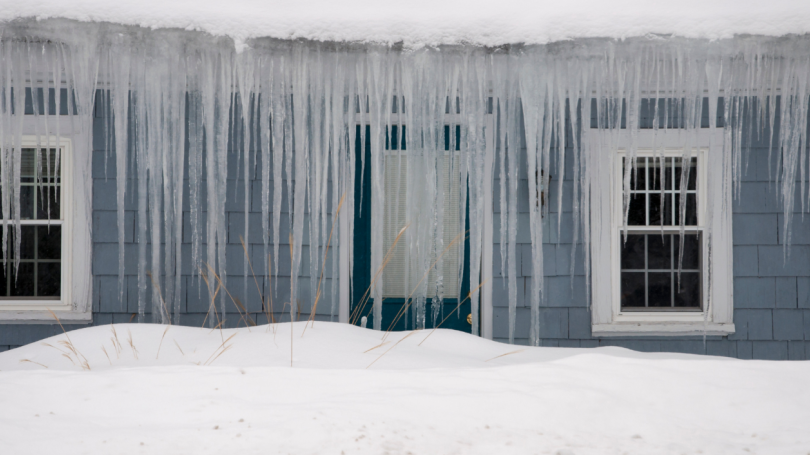
- About
- Education
- Research
- Engagement & Collaboration
- News & Events
Back to Top Nav
Back to Top Nav
Back to Top Nav
Back to Top Nav
The Arthur L. Irving Institute for Energy and Society and Dartmouth College are part of a new regional collaboration, the "New England Energy Justice Collaborative," led by the Vermont Law and Graduate School's Institute for Energy and the Environment (IEE). The four-university team recently received a grant from the University Energy Initiative Leadership Collaborative to organize a one-to-two-day workshop focused on sharing methods and fostering best practices for sustainable energy initiatives in underserved communities in Northern New England. The University of Maine's Senator George Mitchell Center for Sustainability Solutions and the University of Massachusetts at Amherst's Energy Transition Institute are also members of the collaboration.
"Building a Just Energy Transition in New England" will be hosted during fall 2024 in the Irving Institute's new, highly energy efficient building in Dartmouth's West End Innovation District. In applying for the grant, the collaborating institutions noted that the energy planning challenges facing rural northern New England are considerable, with rural, cold-region communities facing high energy burdens, an older, energy-inefficient housing stock, and the need to adapt to the impacts of climate change.
"This workshop will build upon existing university-community partnership to grow regional coalitions among diverse actors to help ensure that the energy transition in northern New England is sustainable and equitable," explained Dr. Sarah Kelly, Program Manager of Dartmouth's Energy Justice Clinic and lecturer in the Geography Department. On the Irving Institute side, Dr. Kelly and Institute colleagues Molly Dunn, and Dr. Amanda Graham will work on this project
Representatives from government, academic, and nonprofit sectors in the region will be invited to share and discuss local- and state-level best practices, stories, and resources. Students from the participating institutions will also be engaged in the workshop planning and implementation process. Additionally, following the workshop, the energy institutes plan to develop a Regional Climate and Energy Justice Toolkit that incorporates shared learning from the fall 2024 convening. The project team will design the Toolkit to inform future efforts to reduce energy burden and promote equity as rural communities navigate the energy transitions accelerating throughout the globe.